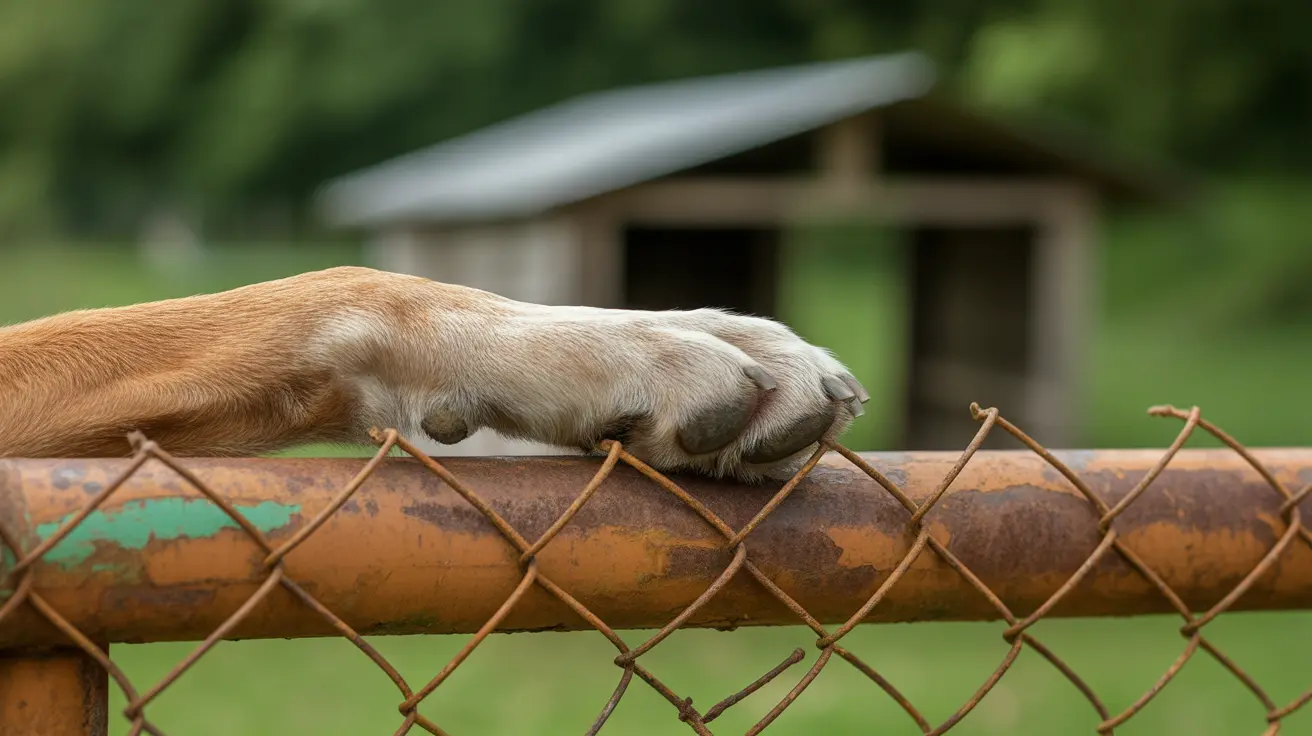Understanding the Weaknesses of Rottweilers
Rottweilers are a powerful and loyal breed, known for their historical roles as working dogs. Despite their many strengths, it's essential for potential owners to understand the specific weaknesses associated with the breed to ensure their well-being and prevent potential problems. Below, we explore the health, behavioral, and environmental vulnerabilities that can affect Rottweilers.
1. Health Vulnerabilities
Rottweilers are susceptible to several health conditions, common among large breed dogs. Recognizing these in advance allows for effective management and potential prevention.
- Hip and Elbow Dysplasia: Malformations in joints that cause pain and mobility issues. Often hereditary, these can be managed with medication, physical therapy, weight control, and sometimes surgery.
- Cranial Cruciate Ligament (CCL) Rupture: A common knee injury leading to lameness, often requiring surgical intervention and long-term rehabilitation.
- Osteosarcoma: An aggressive bone cancer more prevalent in large breeds like the Rottweiler. Early detection is key to better outcomes.
- Osteochondritis Dissecans (OCD): A joint condition in young, growing Rottweilers that leads to cartilage flaking off, causing pain and joint issues.
- Gastric Dilatation-Volvulus (Bloat): A potentially fatal disorder where the stomach twists. Preventive feeding practices and immediate medical attention are vital.
- Heart Disease: Congenital conditions like subaortic stenosis can be life-threatening without early diagnosis and management.
- Eye Disorders: Issues such as entropion and ectropion can affect vision and comfort and often require surgical correction.
- Obesity: Tendency to gain weight if not exercised adequately. Obesity exacerbates many other health conditions.
2. Behavioral Challenges
Rottweilers are known for their intelligence, strength, and protectiveness. Without proper training and socialization, these traits can manifest as behavioral weaknesses.
- Strong-Willed Nature: Can lead to disobedience if consistent rules and leadership are not in place.
- Guarding Instincts: Rottweilers are naturally protective, which can result in territorial or aggressive behavior toward strangers if not properly socialized.
- Fear-Based or Reactive Responses: Without early exposure to various situations, Rottweilers can develop fear-driven reactions, particularly to other dogs or unfamiliar environments.
- Dependence on Leadership: They may become anxious or misbehave when structure or routine is lacking.
3. Physical and Mental Needs
Rottweilers require substantial physical activity and mental stimulation, and lacking these can be detrimental to their health and behavior.
- Exercise Requirements: Ideally, Rottweilers need 1 to 2 hours of daily activity. Insufficient exercise can lead to destructive habits or obesity.
- Mental Stimulation: Boredom can cause stress and negative behaviors. Interactive toys, training exercises, and structured challenges are essential to keeping their minds engaged.
4. Sensitivity to Training Techniques
Rottweilers respond best to positive reinforcement. Harsh or punitive training methods can break their trust and increase anxiety or aggression. A structured yet gentle approach ensures their best development.
- Need for Early Socialization: Exposure to different people, animals, and environments from a young age helps prevent fear or aggression.
- Consistency is Key: Mixed messages or inconsistent rules may lead to confusion.
5. Grooming and Dietary Considerations
Although not demanding in terms of grooming, Rottweilers still require regular maintenance, and dietary discrepancies can affect their health.
- Coat and Skin: Their double coat sheds moderately year-round, increasing seasonally. Regular brushing helps, but neglect can lead to matting or skin irritation.
- Weight Management: Overfeeding leads to obesity, exacerbating joint and cardiovascular issues.
- Calcium Levels in Puppies: Diets too high in calcium can cause developmental joint issues in growing puppies.
6. Environmental Issues
Rottweilers may not thrive in all living situations.
- Not Hypoallergenic: People with allergies may react to their shedding and dander.
- Space Needs: While they can adapt to apartment living, daily exercise and stimulation are imperative to prevent restlessness.
Conclusion
While Rottweilers make outstanding companions and working dogs, they do have specific weaknesses that owners should understand and address. With proactive health care, proper training, and a stimulating environment, Rottweilers can live long, fulfilling lives as loyal family members. Awareness and preparation are key to overcoming their vulnerabilities and allowing their best traits to shine.





